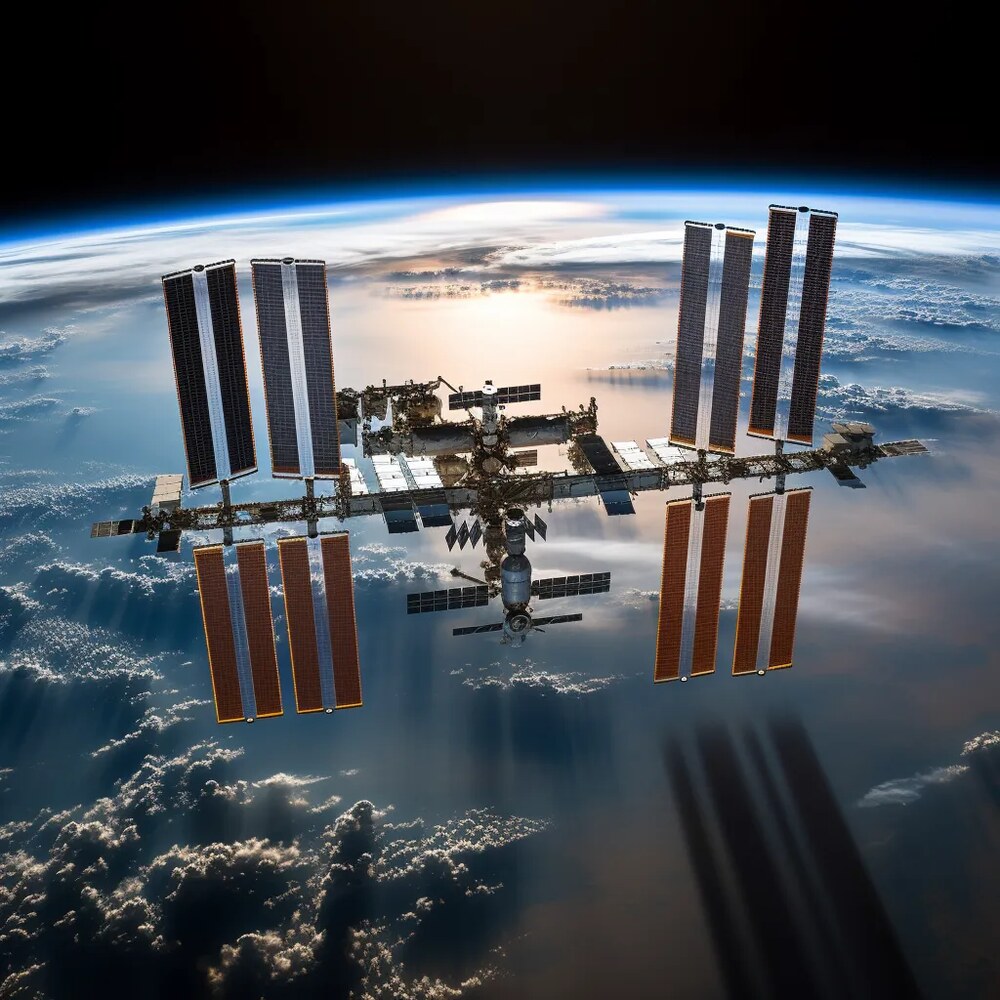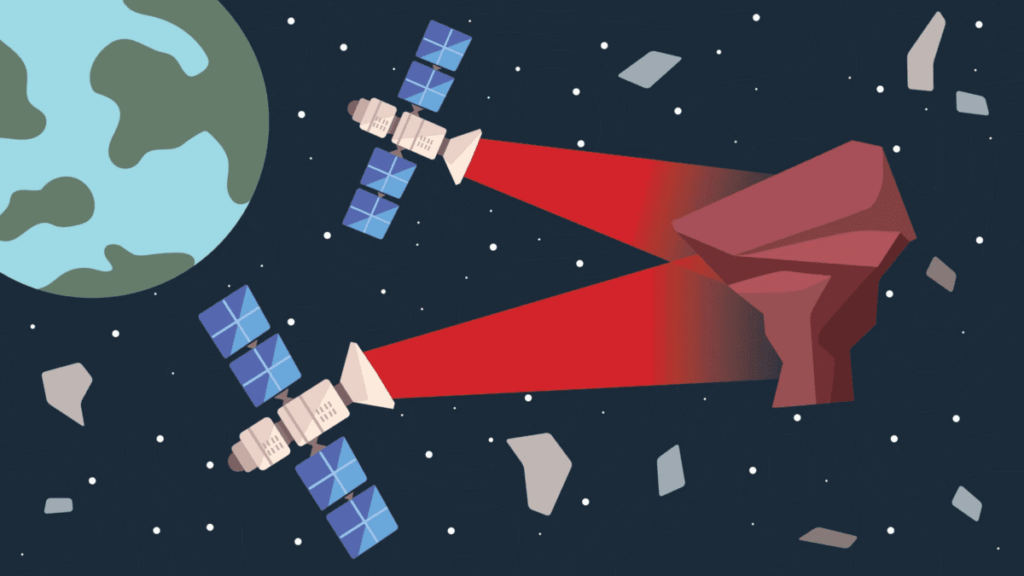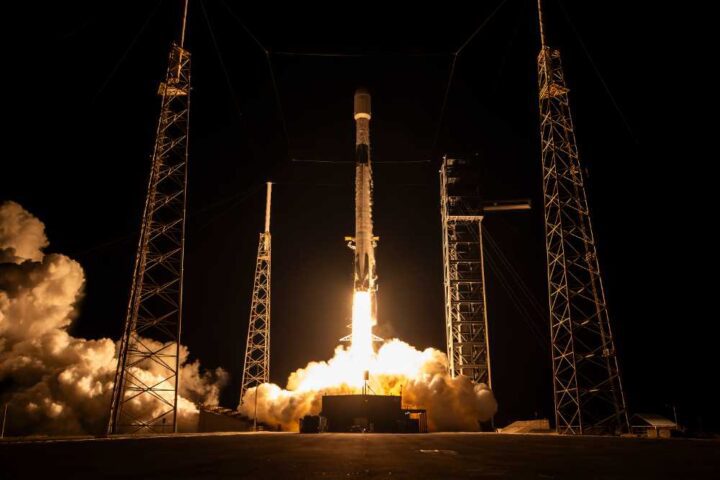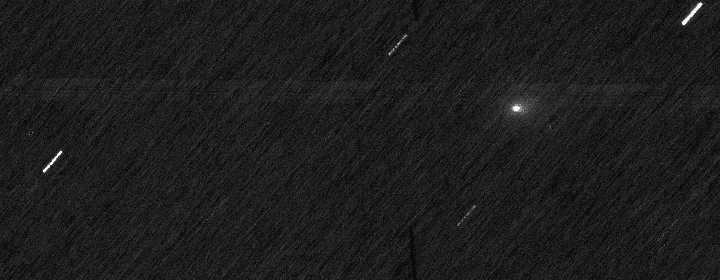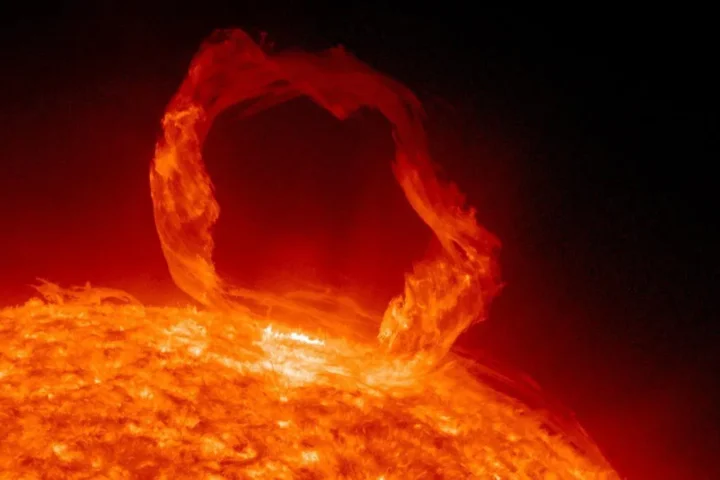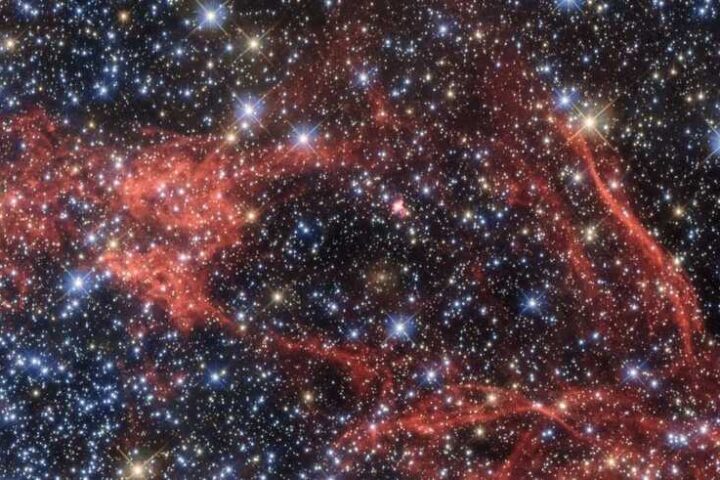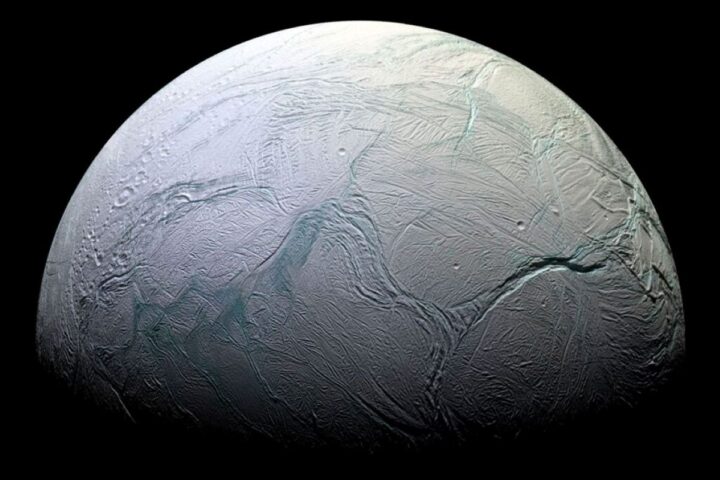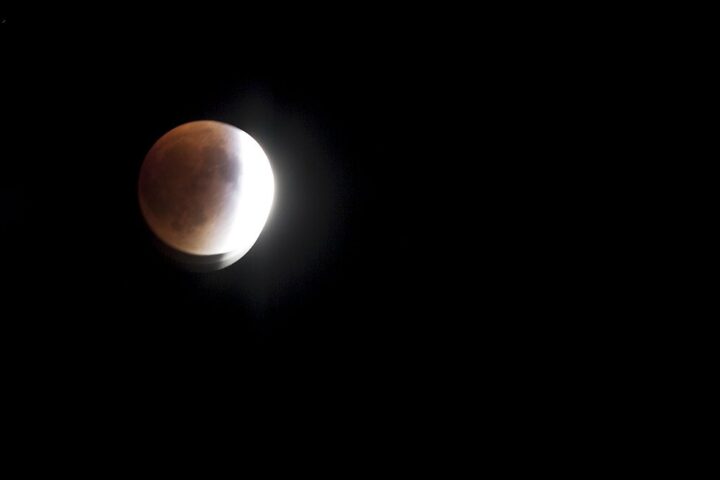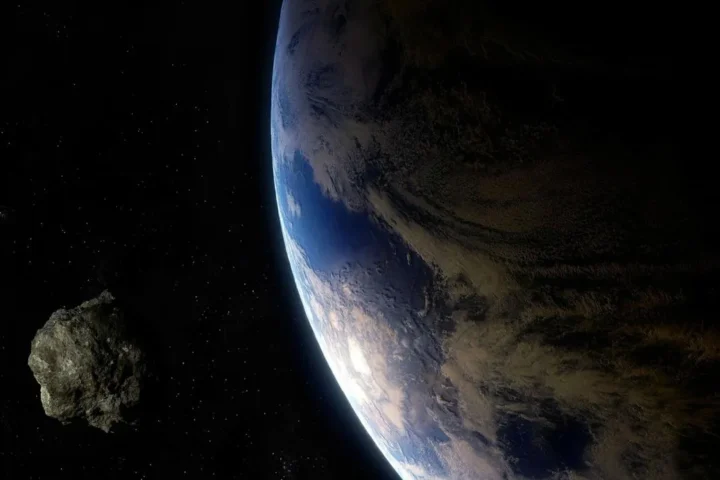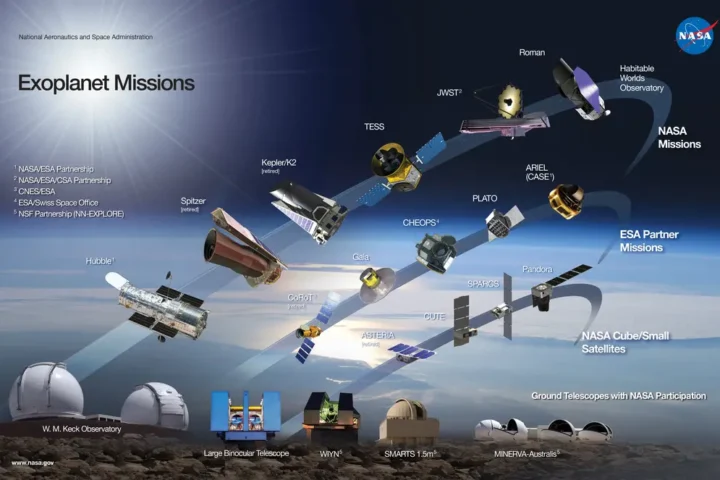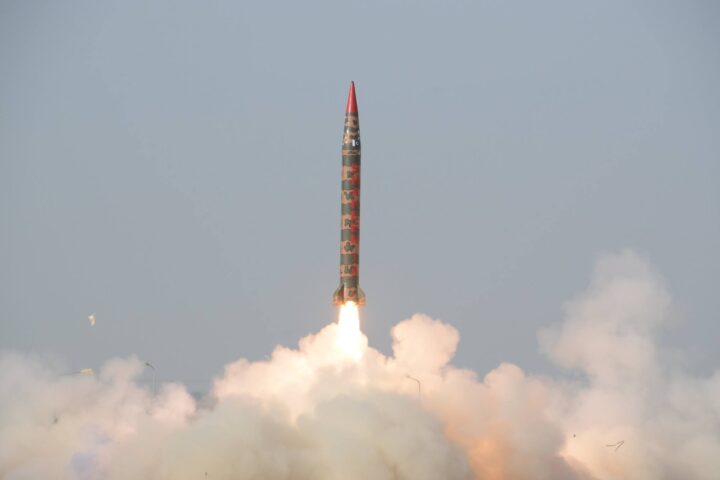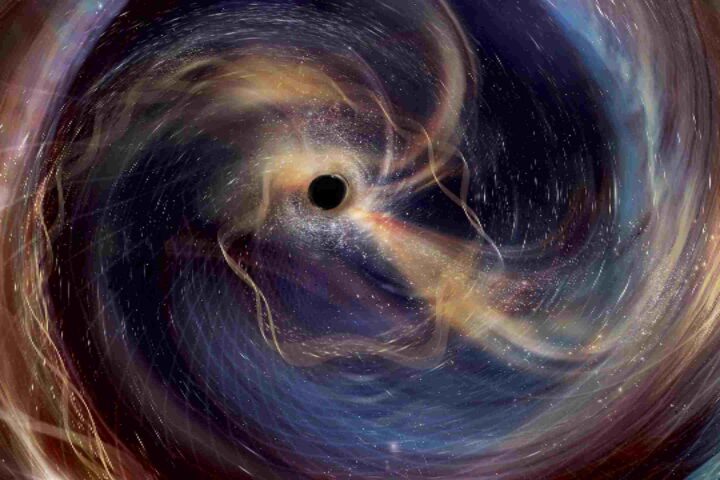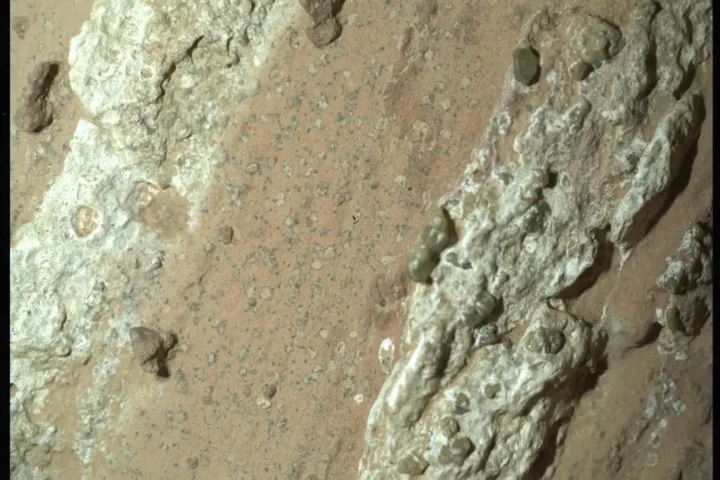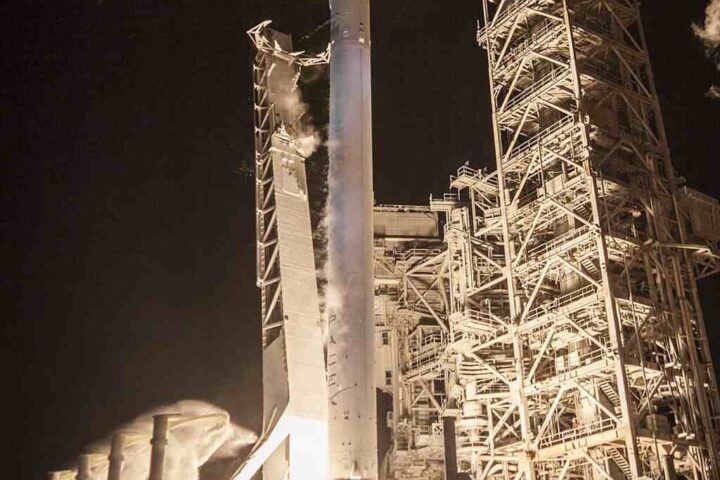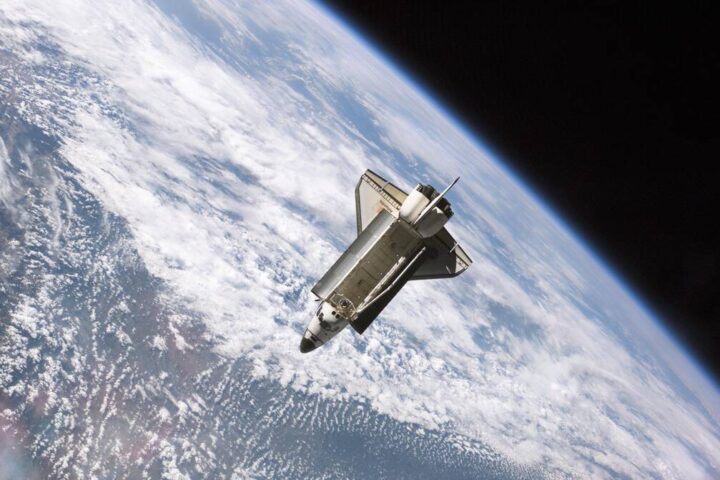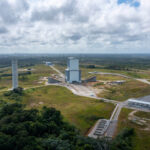In an era where space exploration is not just a dream but an interdisciplinary effort, the ASCEND 2023 conference, powered by the American Institute of Aeronautics and Astronautics (AIAA), is taking a monumental leap. For the first time, attendees will experience a live downlink session from the International Space Station (ISS), marking a significant stride in humanity’s off-world aspirations.
This groundbreaking event, scheduled for the morning of 23 October, is more than a mere conversation; it’s a fusion of minds and ideas across the cosmos. Titled “From Dreaming to Doing: Utilizing Creativity and Imagination to Accelerate our Off-World Future,” the session underscores the necessity of not just innovative thinking but also systematic foresight in space exploration endeavors. Kara Cunzeman, director of Strategic Foresight at The Aerospace Corporation and an ASCEND Guiding Coalition member, will steer this session, bridging the gap between terrestrial and cosmic realms.
The real thrill, however, orbits around the special call from space. NASA astronauts Loral O’Hara and Jasmin Moghbeli will grace the conference with their presence straight from the ISS, transcending the traditional barriers of space and time. Their insights are not to be missed, as these trailblazers discuss the criticality of space exploration, the push for diversity in STEM (Science, Technology, Engineering, and Mathematics), and the collaborative efforts necessary to sculpt a sustainable future beyond our blue planet.
While the event itself is a technical marvel, the implications run deeper. The ISS is more than a space station; it’s a floating laboratory, unique in its capacity to host research and technology development unachievable on Earth. Managed by the Center for the Advancement of Science in Space (CASIS), the ISS National Lab enables a diverse range of projects that propel not only scientific advancement but also educational initiatives and commercial opportunities in low Earth orbit.
Similar Posts
However, this monumental event isn’t without its practical challenges. The complexities of establishing a live link with astronauts aboard a space station whizzing around Earth at 17,500 miles per hour are far from trivial. It’s a delicate ballet of technology, requiring precise timing and robust communication systems. Moreover, the conversation’s content must tread a fine line, being richly informative yet comprehensible to individuals outside the astronautical sphere.
The session also poses critical questions about humanity’s future in space. How do we ensure the sustainability of life in an environment that’s inherently hostile to it? What measures are being taken to promote inclusivity in fields traditionally dominated by a homogenous demographic? And importantly, how do public and private sectors converge to drive innovation and commercial viability in space?
For those on the ground, the event offers an unparalleled opportunity to engage with space professionals, enthusiasts, and the very individuals pushing the boundaries of what’s possible. It’s a chance to gaze through a different lens, one that views our planet not as the entirety of our environment but as a starting point, a springboard into the vast, enigmatic cosmos that is our final frontier.
In a world where global collaboration is often mired in terrestrial disputes, this space downlink stands as a reminder of what we can achieve when we look beyond our pale blue dot, towards a realm that promises endless possibilities for discovery, innovation, and unity. The ASCEND 2023 event is not just a conference; it’s a clarion call to humanity, urging us to reach collectively for the stars.
